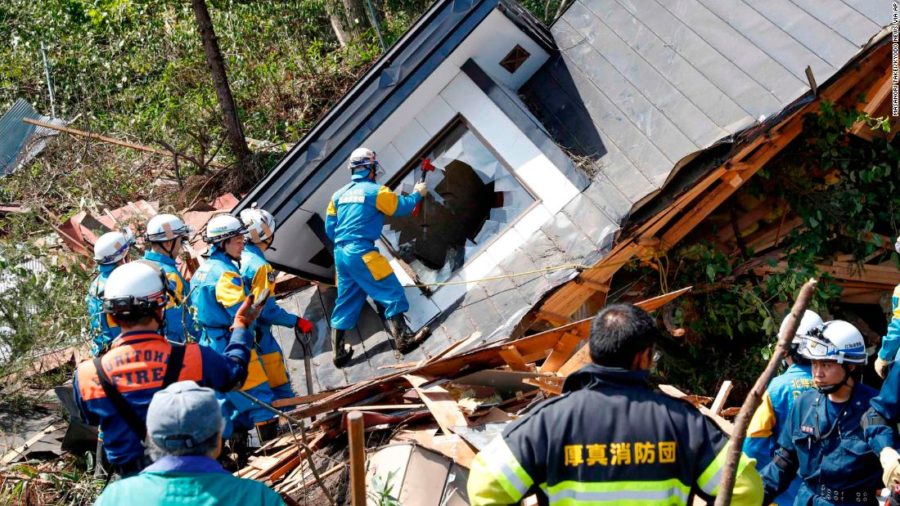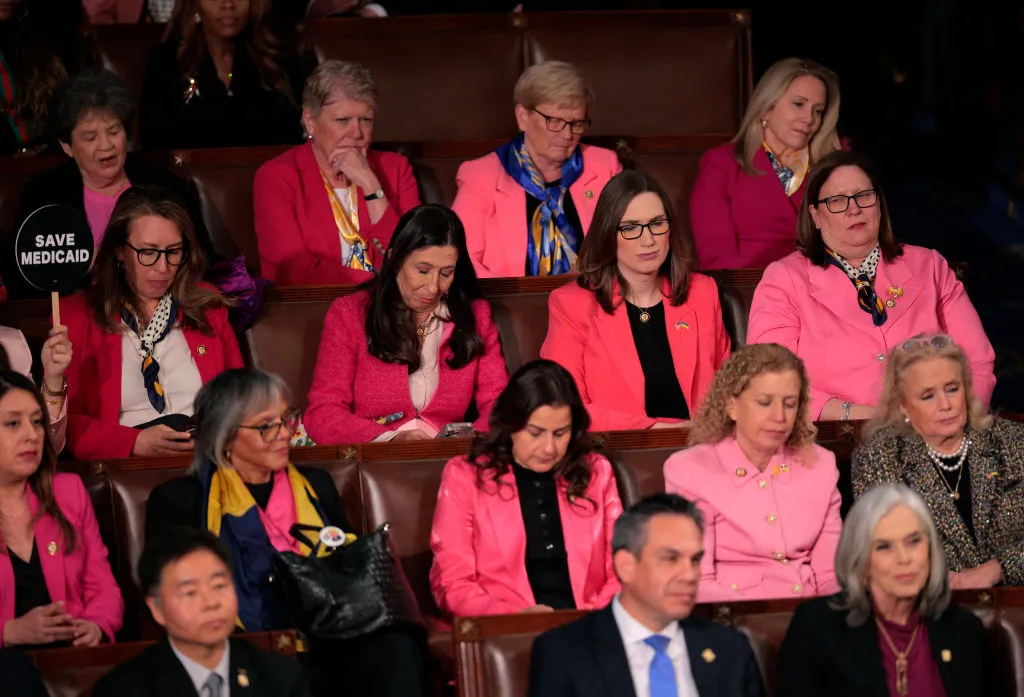A 6.7 Earthquake Strikes Japan
September 13, 2018
In the start of August, the Holy Fire burned for days near Sycamore Creek, multiplying in size with each day that passed. It caused a multitude of schools to close, and nearby communities were forced to evacuate. Our school, Santiago High School, was closed for a week due to concerns regarding air quality. It was a worrying time for our community – a situation that unfortunately thousands experience as a result of natural disasters.
On September 6th, a 6.7 earthquake struck Hokkaido, an island in Japan. Twenty minutes after this earthquake, the second earthquake of 5.3 hit. An array of natural disasters, such as typhoons, floods, heatwaves, and landslides, have recently hit Japan, making these earthquakes yet another ordeal that Japanese citizens must cope with. One major natural disaster was the typhoon Jebi, which was reportedly the “strongest such storm to hit the Japanese mainland in 25 years” according to Theresa Waldrop, et. al.
The aftermath was devastating, with at least 3 million homes losing power. There were 39 causalities as a result, and roughly 650 sustained injuries. All of the victims, save for four, came from the community Atsuma. A majority of the victims are elderly, ranging from 60 to 90 years old. Atsuma has a small population, with only 4,600 residents. As revealed by The Japan Times, about 80% of the victims from Atsuma died from suffocation, as they were buried alive from mudslides.
In Honshu, Japan’s mainland, approximately nine cities were placed under mandatory evacuation. Various evacuation centers have been made in nearby cities such as Sapporo, with thousands seeking shelter in such locations. In one facility near Atsuma, evacuees were forced to sleep on the floor for a few days before being given cardboard beds. One 43-year-old woman staying at the evacuation center reported that she was so cold she couldn’t sleep, and that some have become ill as a result. Although food rations for evacuees remain low, access to water in the affected areas has returned.
Some Japanese psychiatrists are concerned that some children may have developed post-traumatic stress disorder as a result of the earthquake, and they hope that parents remain attentive to their children’s wellbeing for the next few months.
Despite this tragedy, Sapporo’s capital has returned to its normal activity, as Japanese citizens remain strong.









